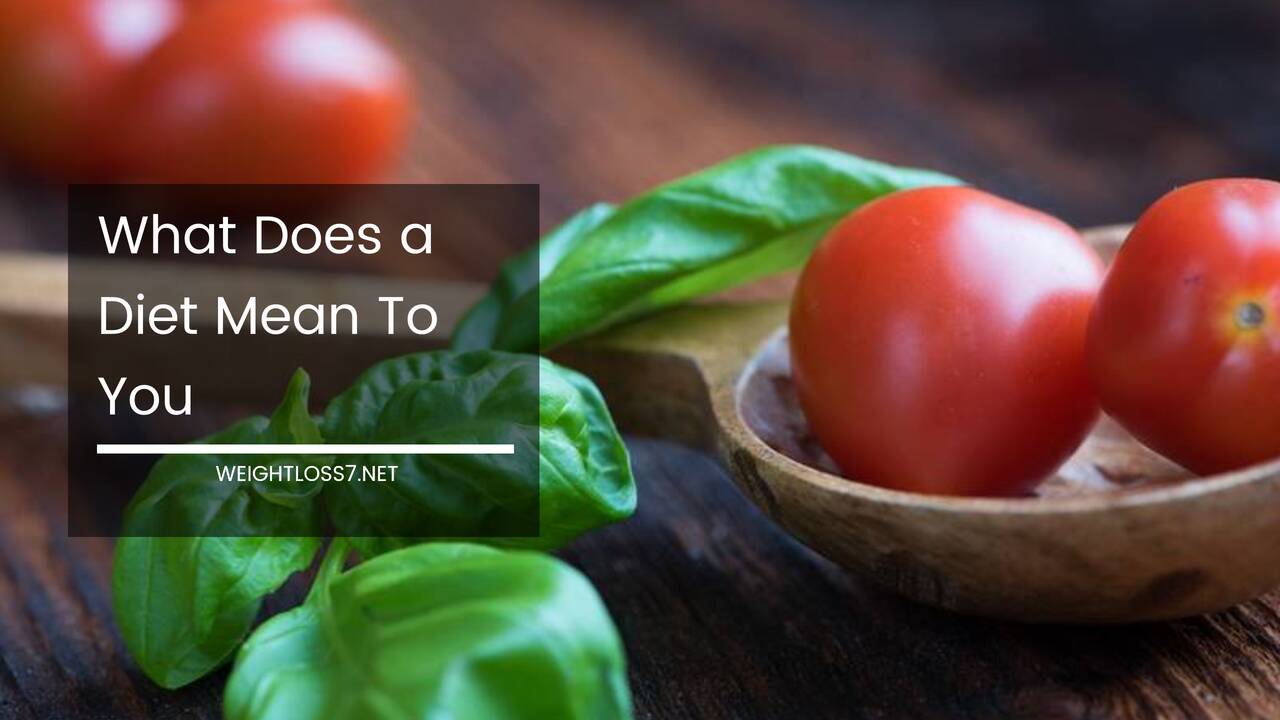Addictions Unplugged and Minds Liberated

Sean Croxton, recent author of the Dark Side of Fat Loss, owner and operator of Underground Wellness & well known within the online health community interviewed Dr. Vera Tarman, 17 year addiction expert and Founder of Addictions Unplugged.
[Snippet from the enlightening discussion between Sean Croxton and Dr. Vera Tarman ]
One of the key reasons I started this blog and one of the main “themes” behind it was that Liberty and Health are two necessary factors for pursuing Happiness, most people’s goal in life. W
ithout Liberty, there is no choice to advance yourself and thus, the world around you. And without health, there is little or no ability to advance yourself and thus, the world around you.
Without choice and ability, happiness is but a thought that cannot be pursued nor entice human action.
Food addiction is something I most definitely dealt with in my heavier years, and I still to this day remember the restraint and burden food had upon myself and present/future choices.
As I read more into addiction and health, I also believe it affected everything from mood, to relationships, to experiences, to sleep.
Food is such an essential and consistent cornerstone within each of our lives that it’s nothing but obvious that it affects other areas of our lives we do not associate with it.
Many reading this may see this entire situation as over-hyped, and food as food and nothing else, which I understand, but there is a science behind this and there are individuals who stress about food addiction as much as you or I do about other issues that draw your own attention.
I do sympathize with some of the skeptics in that I dislike the word addiction in that I see it as a reinforcing word behind what may just be a psychological fix to be defeated by willpower, but the physical and chemical reactions that come along with addiction point towards the theory that willpower is only an essential part of the approach-among other essential parts-in dealing with this behavioral problem.
This is why I find the discussion between Sean and Dr. Vera Tarman very interesting, in that the study of addiction has seen advances, but the mainstream approach seems to have stayed the same, only offering programs whose goal is a generalized normalcy ,while Dr. Tarman offers a different point of view and different approach on an individual level.
The recording of this discussion can be found in full HERE.
Since my knowledge is extremely limited in comparison to the individuals conversing within the recording, I will simply recommend you listen to the recording above and leave *some* of the points I found interesting and/or important:
- Many of the same neurochemicals activated and present with drugs and alcohol are the same neurochemicals that arise with sugar, starches, and chemicals within processed foods
- In some cases, food addiction can be more difficult to overcome than drug addictions because of the need for food, the abundance of opportunity to get it (for some of us), and the adoption of food into various cultures.
- The imbalance of neurochemicals within the brain can and does affect the Frontal Lobe, and thus, reasoning and executive thought
- Being able to stop the respective behavior, limit the behavior, and the presence or absence of cravings are all factors which can make the difference between a “normal” behavior and an “addicted” behavior.
- Three areas of the brain, the bottom Cerebellum and Brainstem, the middle Limbic System, and the top Frontal Lobe, all work together in this case, representing non-voluntary digestion, motivation and emotion for food, and thought and action to achieve that food, respectively.
- The middle part of the brain, the limbic system, is associated with emotions, and can often overpower reasoning and thought, as many of us know in relation to other non-food related issues
- Addiction is affected by the respective substance, and the amplification of neurochemicals within the brain by the substance
- For example. Cocaine covers neurochemicals dopamine and serotonin, alcohol covers neurochemicals dopamine, serotonin, and endorphins, and Sugar & processed foods cover neurochemicals dopamine, serotonin, and endorphins
- Addiction to alcohol and drugs, when put down and stopped, can often re-appear with an addiction to sugar and other processed foods
- Certain aspects associated with addiction to drugs and alcohol, such as withdrawal, appears in its own form with addiction to sugar and processed foods
For those interested in finding more information on REAL food, I recommend Sean Croxton’s Dark Side of Fat Loss, and for those more interested in the addiction aspect of health, I recommend a visit to Dr. Vera Tarman’s Addictions Unplugged website with plenty of information and media.
Guest Post: This article was published as part of the Guest Post Series. Guest posts come from leading experts in weight loss, health, and fitness. The series tries to bring a diverse range of perspectives on the critical issues of our time. The views expressed in this article are solely that of the author and do not necessarily represent the views or opinions of WeightLoss7.Net.

















